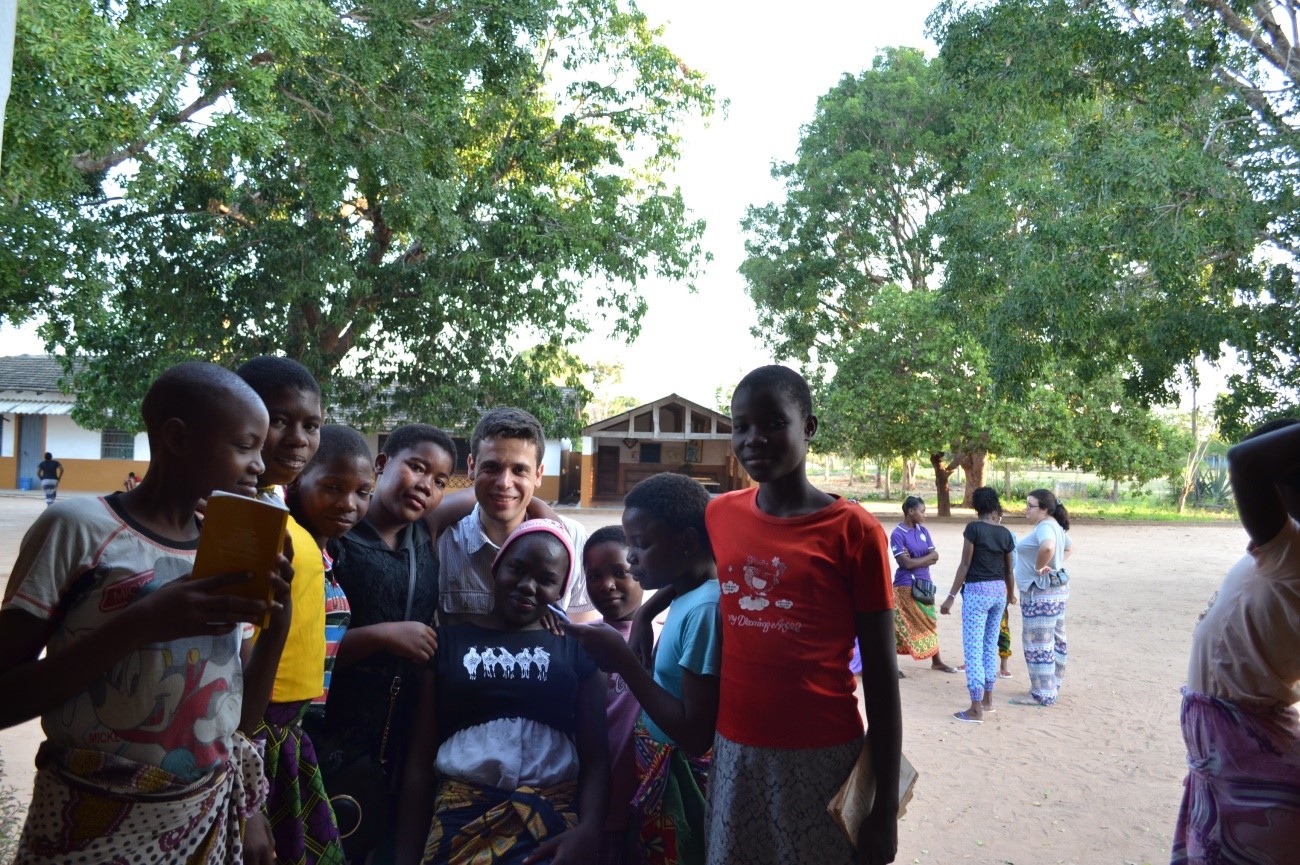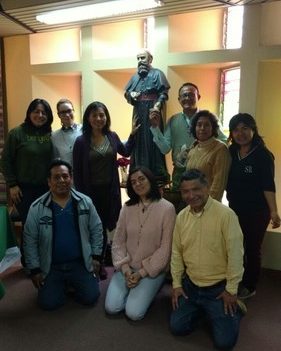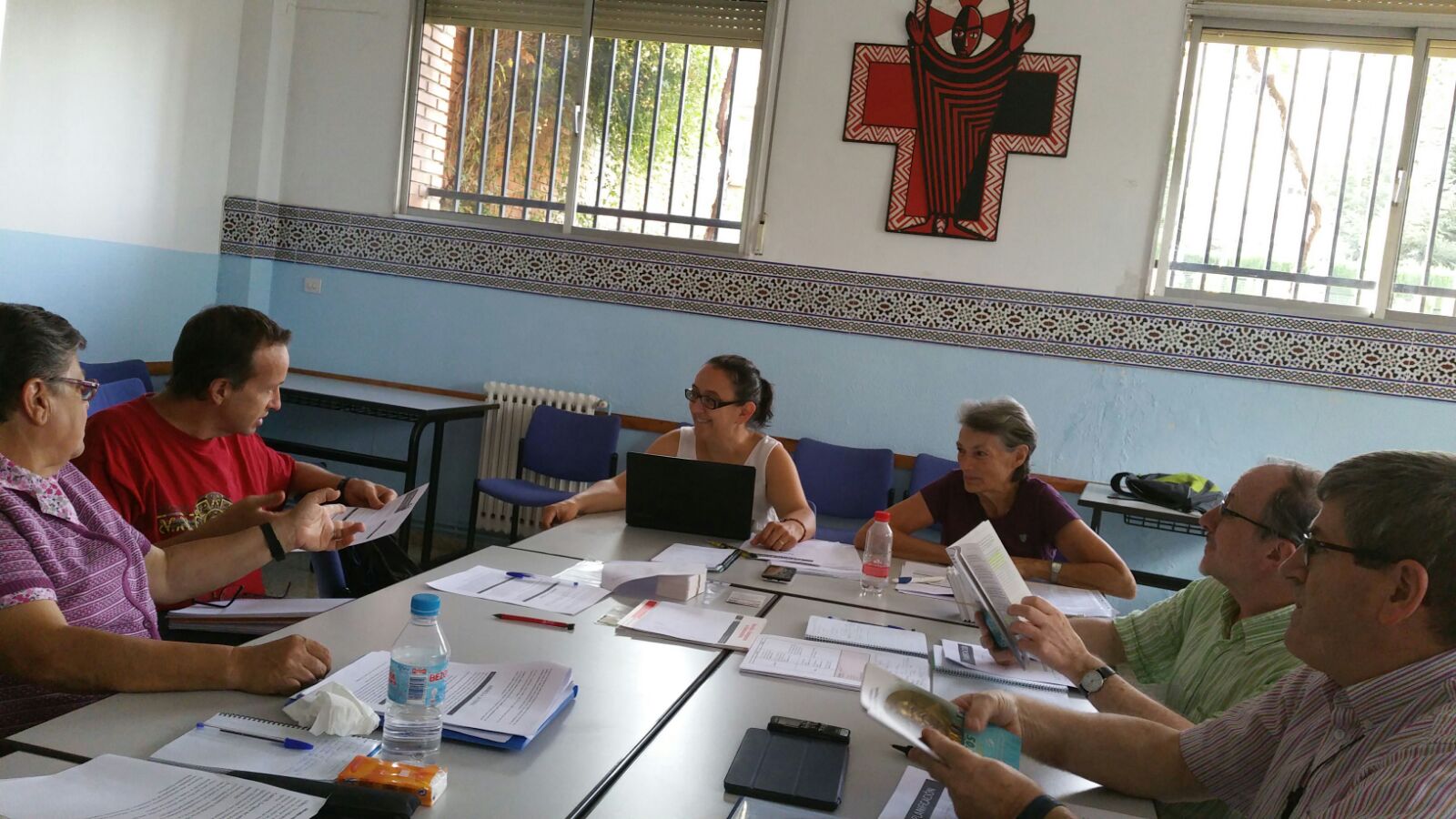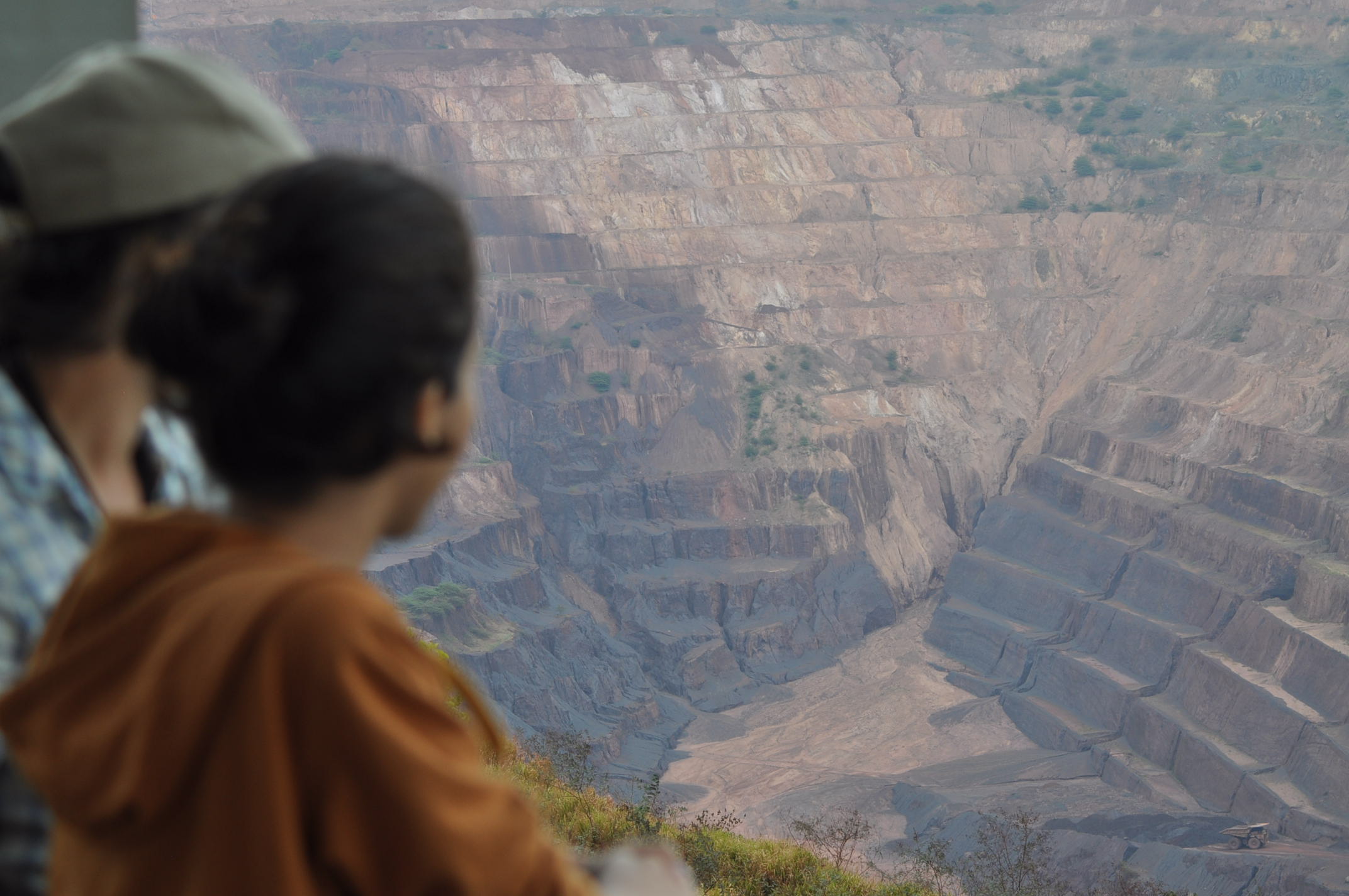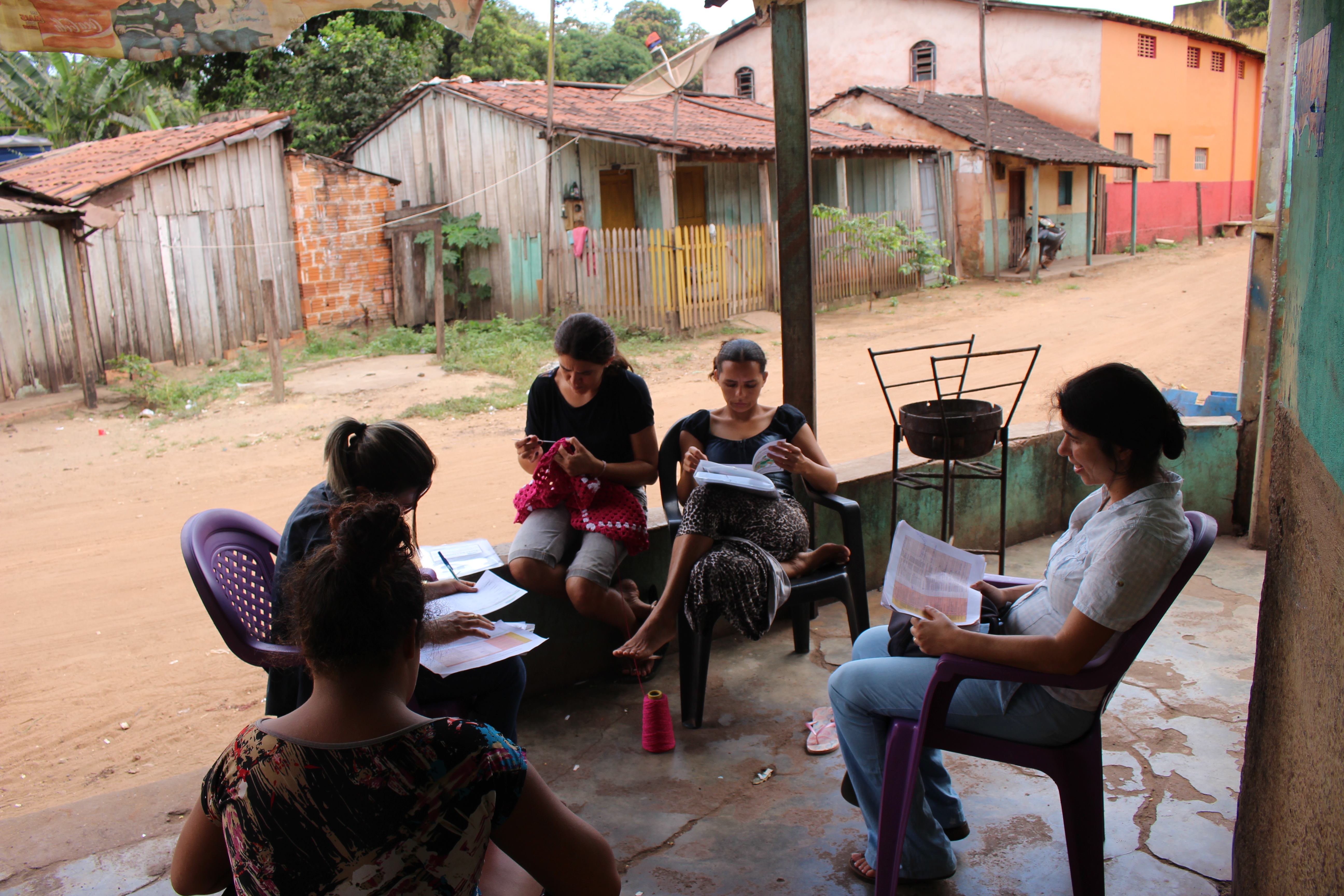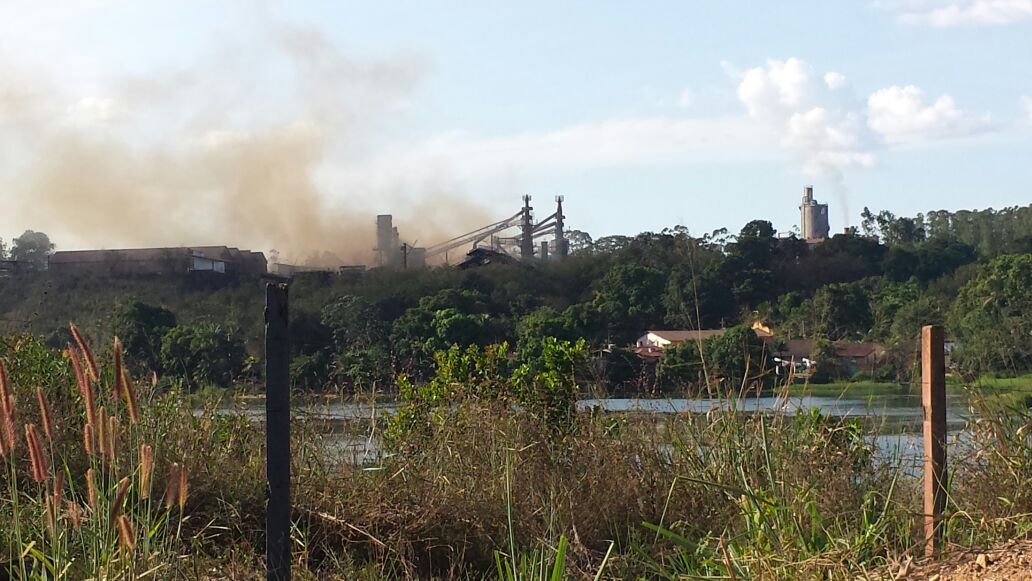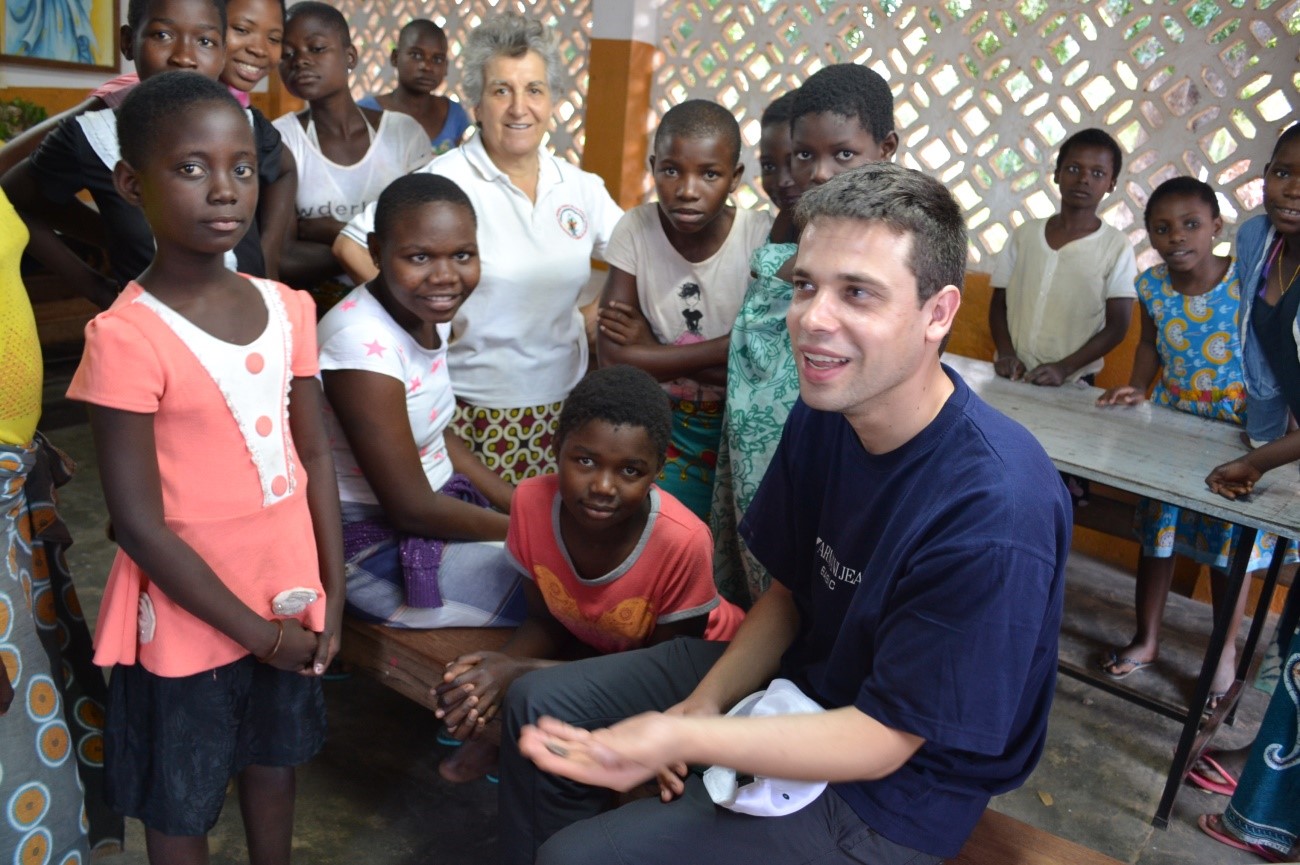 “We are moved by a dream,” wrote Sebastián da Gama. Many times, a dream rules the soul of a person. It can take us to places we deeply desire, but we not always manage to reach in reality. Since 2015, Carapira had been a dream to me. To return to a place where I had been so happy, to see once more well-known faces, people who had touched me deeply, was something I did not think that could happen again.
“We are moved by a dream,” wrote Sebastián da Gama. Many times, a dream rules the soul of a person. It can take us to places we deeply desire, but we not always manage to reach in reality. Since 2015, Carapira had been a dream to me. To return to a place where I had been so happy, to see once more well-known faces, people who had touched me deeply, was something I did not think that could happen again.
But, by God’s grace, the dream became reality and the joy of living the mission God had entrusted to me on Mozambique’s soil filled again my heart with deep gratitude to God and to all those who prayed and worked to turn the dream into reality and make me live it again.
Unlike 2015, my first time in Mozambique, this year the task God entrusted to me consisted in being responsible for seven young people of the group Faith and Mission: Ana, Felipe, Inés, Jorge, Monica, Ruben and Sophia. My main mission was to ensure that these young people would spend a month filled with rich and deep experiences of God, with the people God had us know, within themselves and with the missionaries who, by their example, would teach us about mission.
This year, my greatest joy was to experience the fullness of these young people’s hearts, to see them happily giving of themselves without reserve to all the people who crossed our paths and to all the tasks entrusted to us. Once more, I am grateful to God for the young people he sent to Carapira, for their generosity and goodness, for their cheerfulness and enthusiasm, for all that I learned with them and for all they gave in such a short time.
Despite te fact that we only reached Carapira on August 19, I believe that the long journey was very important, because it allowed us to create greater empathy among ourselves and reflect a bit on mission. So, during the trip we held a catechesis on volunteering and mission, the sacred ground that Mozambique was for us, the other as “sacred” and “a mystery,” and the joy of meeting.
Many thanks to all the missionaries who with open hearts welcomed and accepted us into their homes, who took precious time out in their mission to to stop and be with us, to share marvelous personal stories and took us to see marvelous places.
For me, the best places were the village of Carapira, the communities we visited and all the other places where we were able to be with people. It is for the sake of people that God invites to move. Mission is made of faces: First of all, the face of Christ, filled of love for all and, in a special way, for the most abandoned; then, the face of each person we met and shared of our own selves. At times we only shared our presence, our being there, as it was the case with the sick. Truthfully, this simple sharing brought some people to say to the young people that they had been a blessing from God for the sick. And the young folks allowed themselves to be moved by that. I had the grace to be with some who were attempting to describe what was going on in their soul, on the interior journey they were on, and I can tell you that at times my heart was full of what had been shared, with the marvelous deeds God was working in each one’s heart. Only a loving God can bring about the marvels that our God worked in these young people of “Faith and Mission.”
At the end I said my good-bye to Carapira. Parting was serene, because in my heart I felt the joy of one who does not really say “Good-bye,” but rather “until we meet again.” It could very well be “good-bye” to Carapira, but a “see you again” to mission well beyond our borders. May God make it so!
I end with a little personal Magnificat which I wrote between Carapira and the airport of Nampula:
My soul magnifies the Lord,
I praise and bless God for all the marvels I relived in Mozambique.
The little I had and gave, the Lord multiplied in graces and gifts
transformed in simple gestures of giving and sharing.
Praise be to God!
For our entire group of “Faith and Mission,” the Lord filled our hearts with wonders
translated into a simple “ehali,” into a smile or just a look.
Praise be to God!
Contemplating the natural beauty of this beautiful garden which is Mozambique,
I give glory to God for all of Creation,
for so much love!
Faced with the many signs of God’s presence that we experienced and contemplated
I can only say: God is great!
And God’s greatness shows in all and in everything,
Including myself and my frailty!
Praise be to God!
Pedro Nacimiento, Portugal





